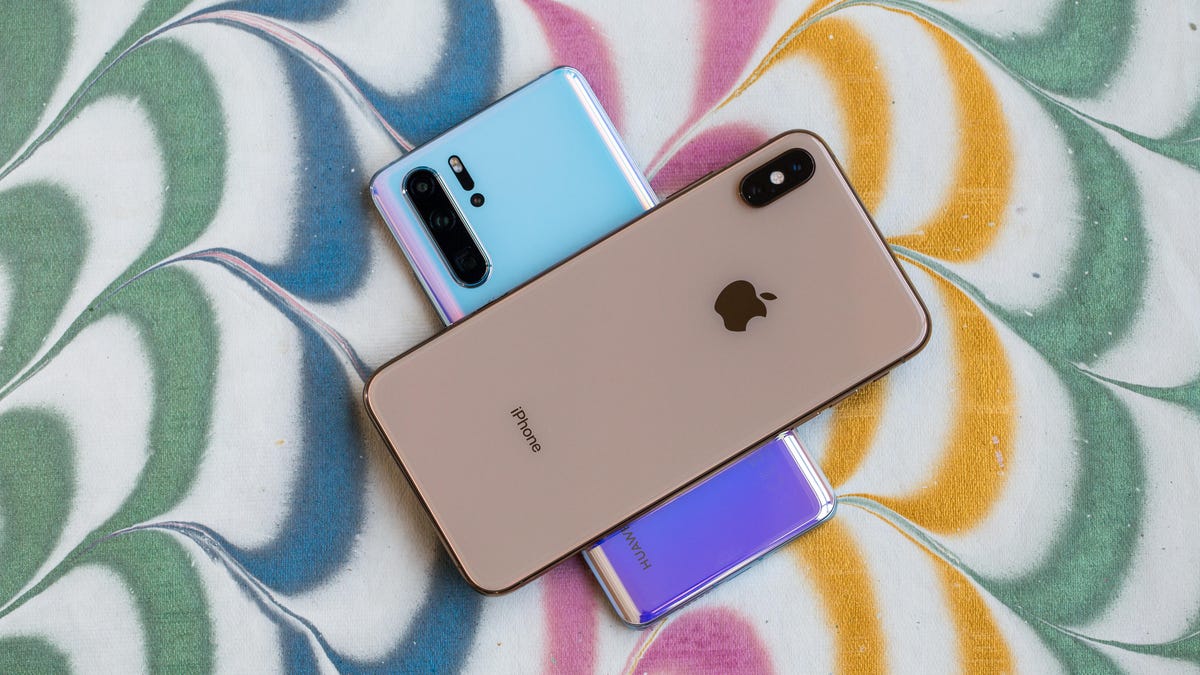Huawei scientists reportedly banned from reviewing IEEE science papers
An American science publisher prohibits the Chinese tech giant from reviewing papers, a report says.

The ripple effect from the Huawei ban keeps extending across the US.
The saga of Chinese phone maker Huawei continues, with its scientists now reportedly banned from reviewing science papers from US-based publisher the Institute of Electrical and Electronics Engineers.
The IEEE told its editors that it fears "severe legal implications" if they continue using Huawei scientists in the journal vetting process, according to Science Mag.
The IEEE has 422,000 members across 160 countries and publishes around 200 journals and magazines. It bills itself as being "the world's largest technical professional organization dedicated to advancing technology for the benefit of humanity."
The IEEE said in a statement that it must comply with legal obligations as a nonpolitical, nonprofit organization registered in New York.
"IEEE complies with US government regulations which restrict the ability of the listed Huawei companies and their employees to participate in certain activities that are not generally open to the public," the IEEE said Wednesday night. "This includes certain aspects of the publication peer review and editorial process."
Huawei had no comment.
Read: Huawei ban: Full timeline on how and why its phones are under fire
Earlier this month, the US blacklisted networking gear from Huawei, and President Donald Trump signed an executive order essentially banning the company in light of national security concerns that Huawei had close ties with the Chinese government, a charge the company has repeatedly denied.
Following the US government's actions, Google last week locked Huawei out of its Android updates, but the US Commerce Department granted Huawei a three-month general license to update existing devices, temporarily easing restrictions on the company's access to US components and software in its phones.
Hardware and software vendors are continuing to flee Huawei, with reports coming out Friday that Amazon Japan is no longer selling Huawei devices, and the Wi-Fi Alliance and the SD Association cutting ties with Huawei.
Microsoft also reportedly removed Huawei's MateBook laptops from its online store.
Huawei could technically survive without Android, with CEO Ren Zhengfei on May 21 saying the company is "well prepared."
More than a year ago, CNET sister site TechRepublic reported that Huawei had been working on its own OS since 2012, in case it got banned from Android.
CNET's understanding is that Huawei has no immediate plans to launch its own OS, which may be called "Hongmeng," and that the company is looking at launching one only if Android is permanently removed as an option for its smartphone customers.
Last Friday, Trump reportedly told the press that he could use an offer to reverse the blacklisting of Huawei as leverage in the escalating trade tensions between China and the US.
Huawei filed a motion in US court Tuesday to have US legislation that bars federal agencies from buying its products ruled unconstitutional.
Read: Huawei can't unseat Samsung without US software and chips
Originally published May 29, 4:49 p.m. PT.
Update, May 30: Adds comments from the IEEE.

